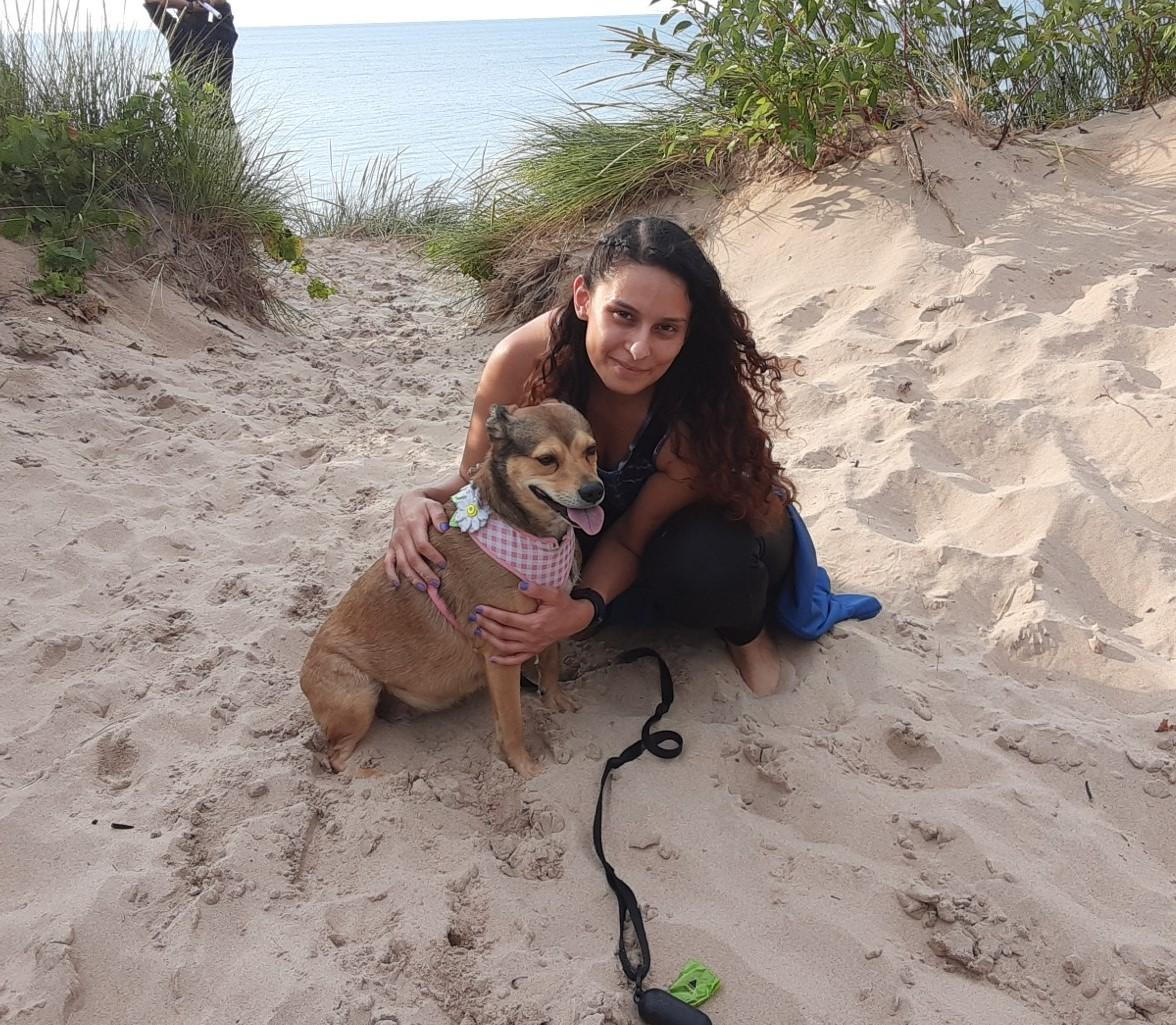
- posted: Sep. 23, 2022
Fall Newsletter 2022
There has always been a controversy on the ethics and morals surrounding the decision to declaw your cat. Many pet owners don’t understand what the procedure entails or the long-term effects of declawing on your cat.
Declawing is a surgical procedure that amputates the claw and first bone of each toe to keep nails from growing back. The procedure is very similar to removal of human fingers at the first knuckle. But, since cats walk on their toes, not a flat foot, they must immediately put weight on the surgical sites following surgery. Once a cat has been declawed behavior changes can occur. Most common are biting and refusal to use the litterbox, but declawing can also cause an increase in nervousness, loss of balance, and increase of arthritis at a young age. You should also keep in mind that declawed cats should never be allowed outside as they no longer have a way to defend themselves or the ability to climb out of harm’s way.
At our clinic we only allow declawing, or permanent removal of the claws, on kittens less than 6 months old & less than 6 pounds in weight. We require that it be done early because it may decrease the chances of post-surgical complications. We believe that declaw surgery should only be performed on the front feet. All declawed cats will spend at least one night in our hospital post operatively. The reason for this is because their feet are bandaged for the first day. We will remove the bandages the next day and monitor their comfort level. If their comfort level is too low, we will keep them another day to administer more appropriate pain medication. By hospitalizing these patients, we can keep them quiet and contained so they aren’t running freely through a house and causing any trauma to the fresh surgical procedure. Once they are comfortable and able to go home, we will discharge your kitten with strict instructions on post-operative care, including special litter.
There are alternatives to the declaw surgery such as nail caps, scratching posts, and behavior modification. If you would like information on these alternatives or if your cat is exhibiting any of the behaviors associated with declawing, call our office to speak with Erica, our behavior technician.
-Erica Suarez, LVT
Adrenal Gland Disease in Ferrets
Adrenal gland disease (AGD) in ferrets is a common condition in North America. Adrenal glands are located in the abdomen, near the front edge of the kidneys on both sides of the body. Adrenal glands are small organs that secrete hormones. AGD presents when one or both adrenal glands are enlarged due to a tumor. The tumor may be cancerous or non-cancerous. The signs noted by owners are due to an abnormal production of sex hormones and steroids. These excessive steroids can lead to numerous conditions throughout the body. Most common symptoms reported include:
- hair loss that starts on the tail and progresses up the body
- itching
- sexually aggressive behaviors towards other ferrets
- females may have an enlarged vulva
- males can get an enlarged prostate or have difficulty urinating
The average age that AGD occurs in ferrets is 3-4 years old, but symptoms can occur sooner or later in life. Blood work, physical exam, and abdominal ultrasound can all aid in the diagnosis of this disease process. Treatment options include surgery to remove the tumors or medications administered by a veterinarian. If no treatment is pursued, euthanasia should be considered when a good quality of life is no longer possible. This can also occur when medications are no longer effective, when surgery is not an option, and if an owner feels the quality of life has already suffered too much. If you are concerned your ferret may be exhibiting some or all of the above listed symptoms, please contact us to set up a consultation with our exotic’s veterinarian.
- Dr. Hailee Cotter
Office Hours*
M,W,F 9-6
T,Th 9-8
*Please Remember: In January we started closing from 2pm-3pm the last Tuesday of every month, for staff training and continuing education.
*More News Coming Soon*
Watch our Facebook page for information on our clinic Open House, happening this Fall!!
Employee Spotlight:
Reyna Ramirez (she/her):
Our newest veterinary assistant came to us in August, just in time for the full building to be opened. Prior to joining us, she worked as a veterinary technician in Chicago for over 4 years. Reyna hopes to start MSU in the next year or so, with dreams of becoming a veterinarian. Her special interests are small animals and exotics.
Currently, she has 2 dogs, named Taro & Lemon, and 2 cats, named Cookie & Arabella. In her free time, Reyna likes to jog, run, paint, watch movies, and spend time with her loved ones.

Hours of Operation
9:00 AM - 6:00 pm
9:00 AM - 8:00 pm
9:00 AM - 6:00 pm
9:00 AM - 8:00 pm
9:00 AM - 6:00 pm
Closed
Closed


